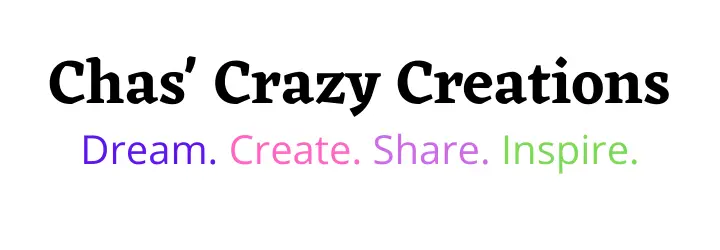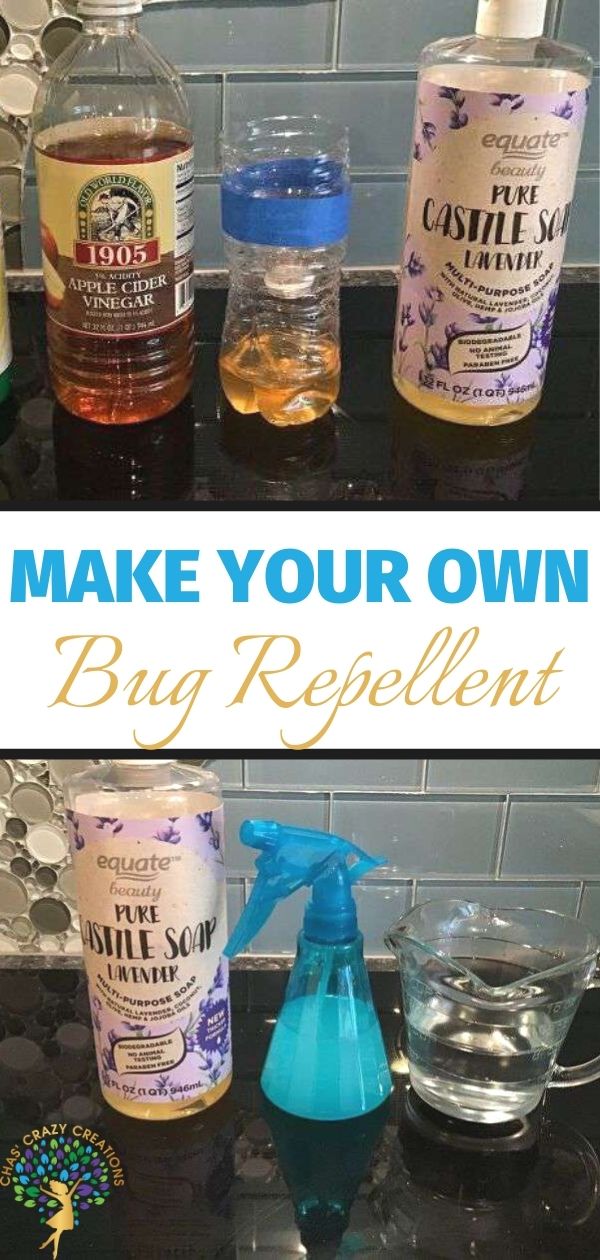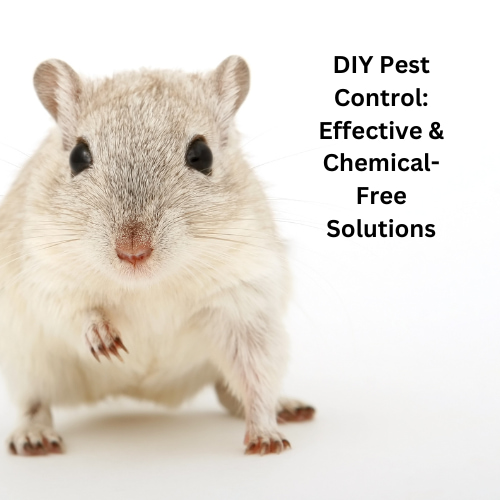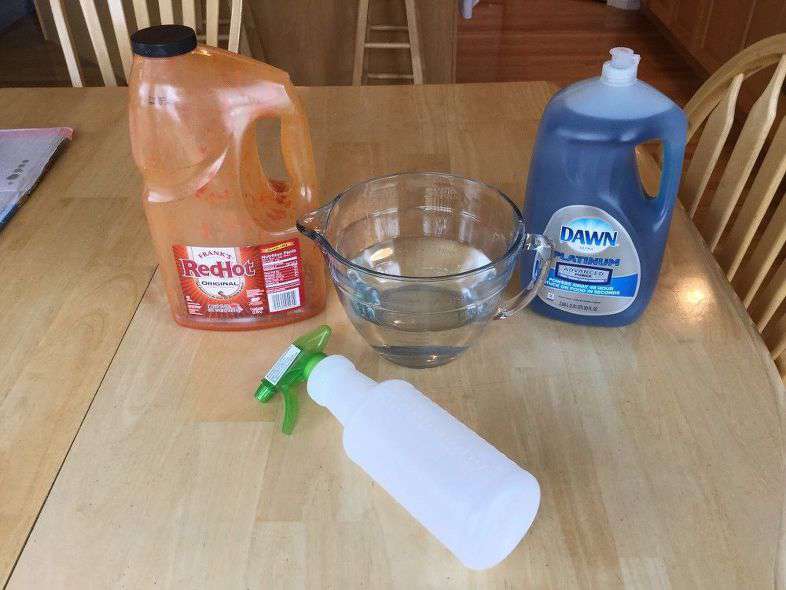Life Skills for Adults: Building Essential Abilities for Success
Are you looking for life skills for adults? There are many challenges, and obstacles to overcome on the journey to, and even through adulthood. One of these challenges in life is learning valuable skills that can be applied in your day-to-day life. Some of these skills will come to be learned naturally, and others will need to be taught to you by others. There are even some that are unknown to many and are often stumbled upon by accident. No matter where you are in your journey to adulthood, here are several valuable skills that would be beneficial for daily life.
This post may contain affiliate links, I earn from qualifying purchases at no extra cost to you. Click here for my disclosure policy
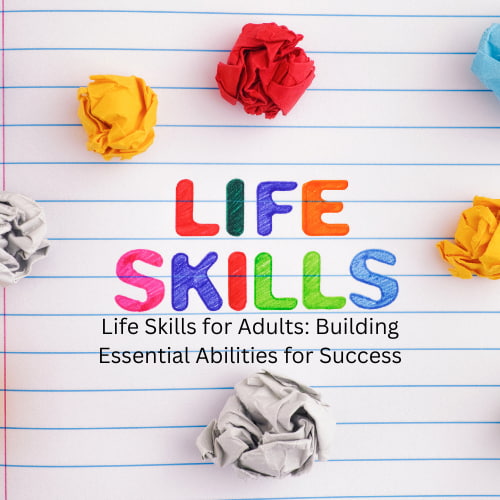
Life Skills For Adults
Managing your time effectively
Time management is one of those basic life skills that is incredibly to learn, especially as an adult. You might have memories from when you were younger of either being late, or having a parent chasing you to get up, brush your teeth, and out the door. Back then, having the skills to manage your time effectively would not have been that important, as generally other people would have dictated what you did, and when. However, as a grown-up, what you are doing, and when you are doing it will be down to you. If you are late, or even too early, then there will often be consequences to pay. There are several tricks that you can implement into your lifestyle to help you learn this skill. Such as setting alarms or reminders on your phone, looking for a suitable watch to wear, and proactively setting yourself up the day before so that you have certain things laid out for you as soon as your day starts. Time management is one of those valuable life skills that will help keep you on time, but it will reduce easily avoidable disappointments and problems.
Figuring out what you enjoy as hobbies
You may not think that being able to figure out what you enjoy doing is one of those important adult life skills, but in fact, it is. Many people, mostly adults, have little to no idea what they actually enjoy doing with the very little free time that they have. This is often due to having a life packed full of education and learning day-to-day skills that are required, not to mention all of the responsibilities that adulthood brings. Luckily, all it takes is a little research, creative thinking and experimentation to find out what you enjoy doing as a hobby, or with your free time. Sometimes, it may be adding new skills that are completely out of your comfort zone, or something that you have never tried before. So, if you are not sure what hobbies, or interests you might have, why not try out some new activities such as taking a local hike to explore your surroundings and find places you never knew were there? You could think about learning how to creatively write, this way you can let your imagination run free, and create a whole world for others to enjoy. You could even learn a new skill that combines creativity with dexterity, and functionality. For example, purchasing an embroidery machine allows you to not only fix, and alter pieces of clothing, but you might even eventually be able to decorate or create your own. Regardless of your personal preferences, being able to identify what you enjoy doing in life is one of the most important life skills to learn.
Being able to decline offers gracefully
A lot of people struggle with how to say “no” to a lot of things. The worry for many people is that by refusing something, they may come across as rude, ungrateful, negative, or even aggressive. However, there are a lot of things in life that you will need to be able to comfortably refuse in order to have a productive life. If you agree, or say yes to too many people, then you can quickly find yourself overwhelmed, double-booked, and exhausted. Needless to say this will do you, and your mental health no favors. That is why you should learn the skill of gracefully declining. It is one of those social skills you should master. For example, you could say “Thank you very much, but that is not something that I have the capacity to do at this moment in time”. More often than not, the reaction to you saying “no” to someone will be a lot less intimidating than you had first imagined. So, next time you are offered or asked something that you cannot, or do not want to do, try practicing saying “no”.
Basic home DIY
There is a lot of stigma that surrounds DIY projects. Often people will joke about their DIY projects as they will be low quality, or unfinished. However, having the drive, and motivation to learn a few DIY skills can save you a lot of heartache, and money. Your home, over the years, will require a little attention now and then and problem solving will come in handy. Whether it is due to something breaking, or a part of your home that needs upgrading, perhaps even just a coat of fresh paint to help spruce up the home, learning these basic DIY skills will become invaluable to you. If you do not learn a few basics, such as how to isolate your water supply, change a light bulb, or correctly paint/wallpaper your home, you will find that you will spend a lot of money on contractors to visit and do these relatively small jobs for you. It would be better to be able to complete the smaller tasks yourself so that when something larger, that requires a higher skill set, and knowledge goes wrong, you have enough funds to hire a professional. In the past learning these skills would have generally been passed down through the family, however, now you can simply look online for help and advice. TikTok, and YouTube and two great places to visit if you are looking to learn a few basic DIY tips and tricks to help elevate your knowledge.
Receiving feedback well from others
When one person receives feedback from another person, it can at times be easy to take it to heart, especially if the delivery is not great. However, if you can learn the skill of receiving feedback well from others no matter how it is said, then you will help to set yourself up with a much better view of life. In most cases, the feedback that you will receive from others will come from a good place and will be given in the hopes of helping, or improving whatever it is about. Generally speaking, if feedback is given, then a mistake will likely have been made by yourself. It can be incredibly hard to hold your hands up and accept responsibility for these mistakes. But if you can learn to accept, and improve on your actions, then you should find that not only will other people have more time, and respect for you, but the learning curve on which you are on will become a lot easier.
Learn to apologize from the heart
Similar to receiving feedback for a mistake you made, holding your hands up and apologizing for something that you did, or said can also be an extremely difficult thing to do. However, as an adult, acquiring these communication skills can help save a lot of time, effort, and emotional disruption. It is not easy to admit fault, but if you have done something wrong, then it will go a long way for the other party if you can admit it, identify the problem, and apologize from the heart. In some scenarios, you may only be partly at fault and might feel like the other party should apologize first. This is the wrong way to approach these situations. If you both sit in this state of mind, then the problem could take a lot longer to resolve. Whereas if you speak up, and apologize for your wrong-doings, then the other person, or people, are much more likely to hold their hands up and do the same. This way, you can all move on with understanding and empathy and learn from the experience, rather than holding on to grudges, and bad feelings.
Cooking a variety of meals
What you eat in your life is an important factor when it comes to your physical, as well as mental health. That is why cooking and meal planning is an important, and valuable skill to learn as an adult. It can be easy to choose highly processed oven foods or spend money on take-outs each night. However, over time poor nutrition will have detrimental effects on not only your internal health, and mental health, but also your bank account too. There are several techniques you can implement into your lifestyle to help you with cooking more frequently from scratch. Such as gaining inspiration from food creators online, and on social media, buying the right cookware, writing out your week’s worth of ingredients before visiting the store, or even meal prepping once a week so that everything is there, ready to go, and just needs to be reheated for your meal.
Shop any of these stores and I receive a small commission at no cost to you.
 Echo Dot (4th Gen, 2020 rel...Shop on Amazon
Echo Dot (4th Gen, 2020 rel...Shop on Amazon Apple AirTagShop on Amazon
Apple AirTagShop on Amazon Amazon Fire TV Stick, sharp...Shop on Amazon
Amazon Fire TV Stick, sharp...Shop on Amazon
Life Skills for Adults Q&A
What are life skills activities for adults? What are 10 life skills?
Life skills are essential abilities and behaviors that enable individuals to effectively navigate various aspects of their personal, social, and professional lives. These skills are crucial for personal development, well-being, and success. Here are some life skills activities for adults:
- Communication Skills:
- Debate or Discussion Groups: Participate in groups where you can engage in structured debates or discussions to improve your communication and critical thinking skills.
- Public Speaking Workshops: Join public speaking classes or workshops to enhance your ability to convey ideas confidently and effectively.
- Active Listening Exercises: Practice active listening by having meaningful conversations with friends or family members.
- Time Management:
- Time Tracking: Use tools or apps to track how you spend your time during the day, identifying areas for improvement.
- Prioritization Challenges: Create to-do lists and prioritize tasks based on urgency and importance. Set time limits for each task.
- Organization:
- Decluttering Sessions: Regularly declutter your living and work spaces to improve organization and reduce stress.
- Digital Organization: Organize digital files and emails into folders, making it easier to find information quickly.
- Stress Management:
- Mindfulness Meditation: Practice mindfulness through meditation to reduce stress and increase overall well-being.
- Breathing Exercises: Learn deep breathing techniques to manage stress and anxiety in challenging situations.
- Financial Literacy: (money management)
- Budgeting Workshops: Attend workshops or use online resources to learn about budgeting, saving, and managing personal finances.
- Investment Simulations: Explore investment strategies using online investment simulation platforms.
- Problem Solving:
- Puzzle Games: Engage in puzzles, crosswords, or brain-teasers to sharpen your problem-solving skills.
- Case Studies: Analyze real-world case studies or scenarios to practice critical thinking and decision-making.
- Healthy Lifestyle:
- Cooking and Nutrition: Learn to cook balanced and nutritious meals. Experiment with new recipes and ingredients.
- Exercise Routine: Develop a regular exercise routine that includes cardiovascular, strength training, and flexibility exercises.
- Emotional Intelligence:
- Journaling: Maintain a journal to reflect on your emotions, thoughts, and experiences, promoting self-awareness and emotional intelligence.
- Empathy Practice: Engage in activities that require you to see things from others’ perspectives, such as volunteering or role-playing exercises.
- Networking and Social Skills:
- Networking Events: Attend seminars, conferences, or social events to practice networking and socializing.
- Role-Playing: Simulate social interactions to improve conversational skills and confidence.
- Adaptability:
- New Skill Challenges: Regularly challenge yourself to learn new skills or hobbies outside your comfort zone.
- Change Scenarios: Discuss and prepare for hypothetical scenarios that require adaptability and flexibility.
List of life skills to consider:
- independent living
- healthy relationships and friendships
- basic first aid and CPR
- personal hygiene and personal care
- interpersonal skills
- Basic house skills like running appliances like a dishwasher, stove, cleaning a house, etc
Remember that consistent practice and a willingness to learn and improve are key to developing and refining these life skills. Adapt these activities to your preferences and needs to create a personalized approach to enhancing your life skills as an adult.
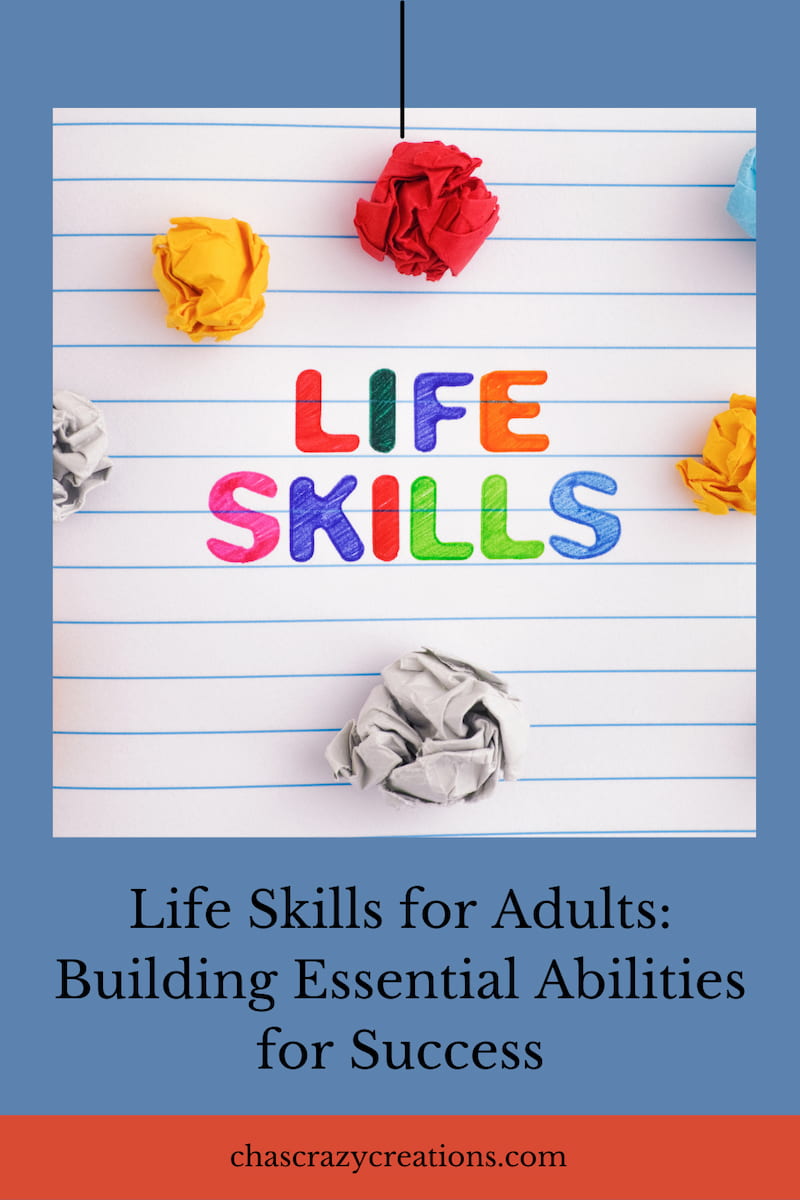
There are many skills that one can learn to help improve the quality of life. So, why not try to incorporate some of these into your life, and see how it changes things for you?

